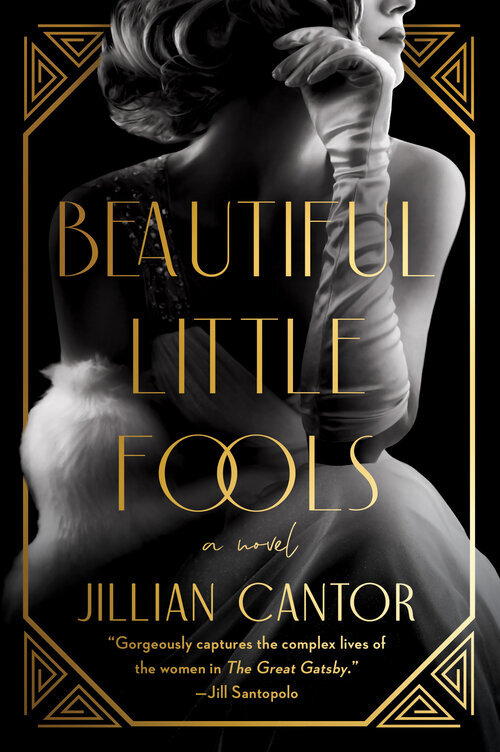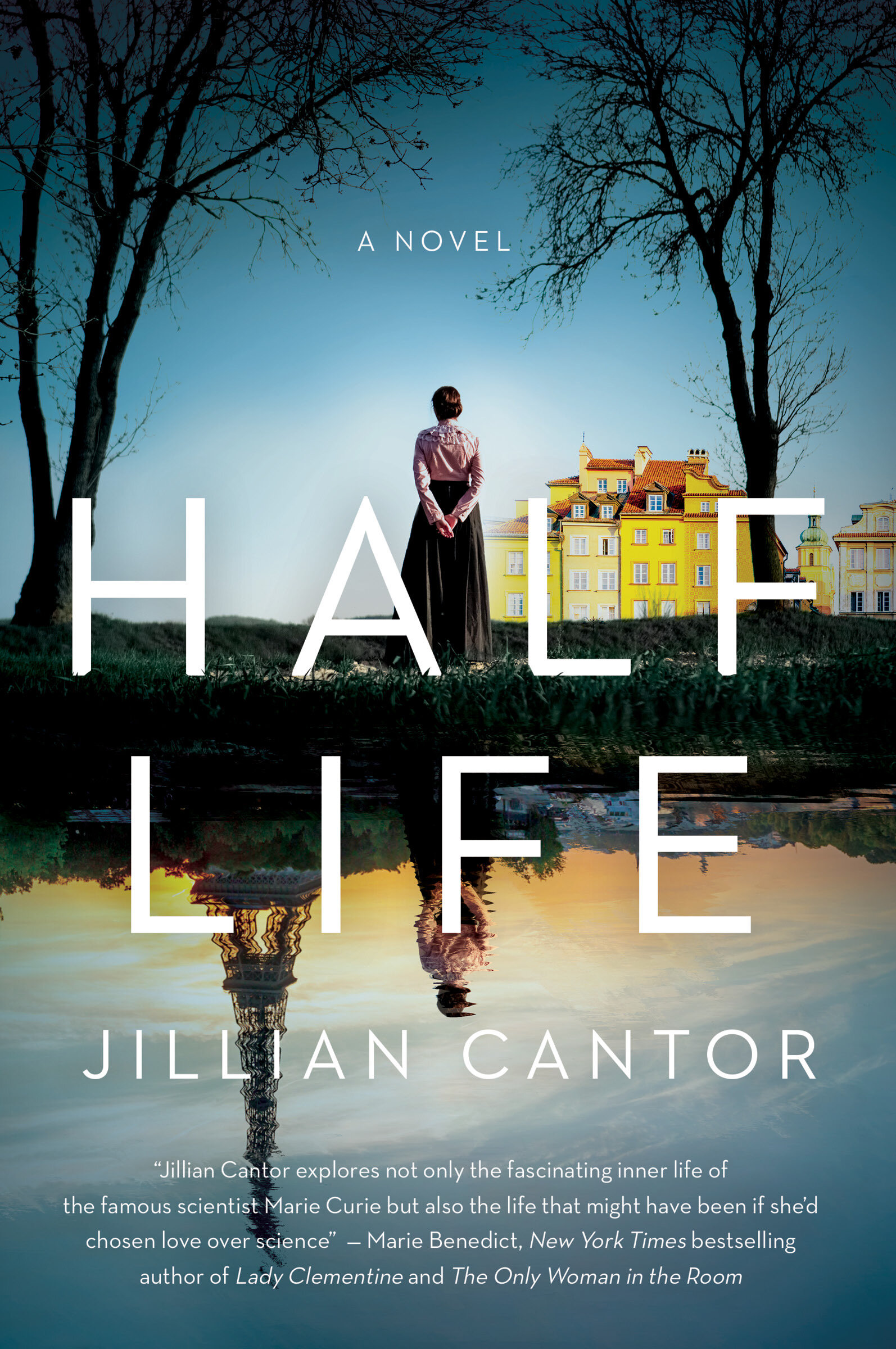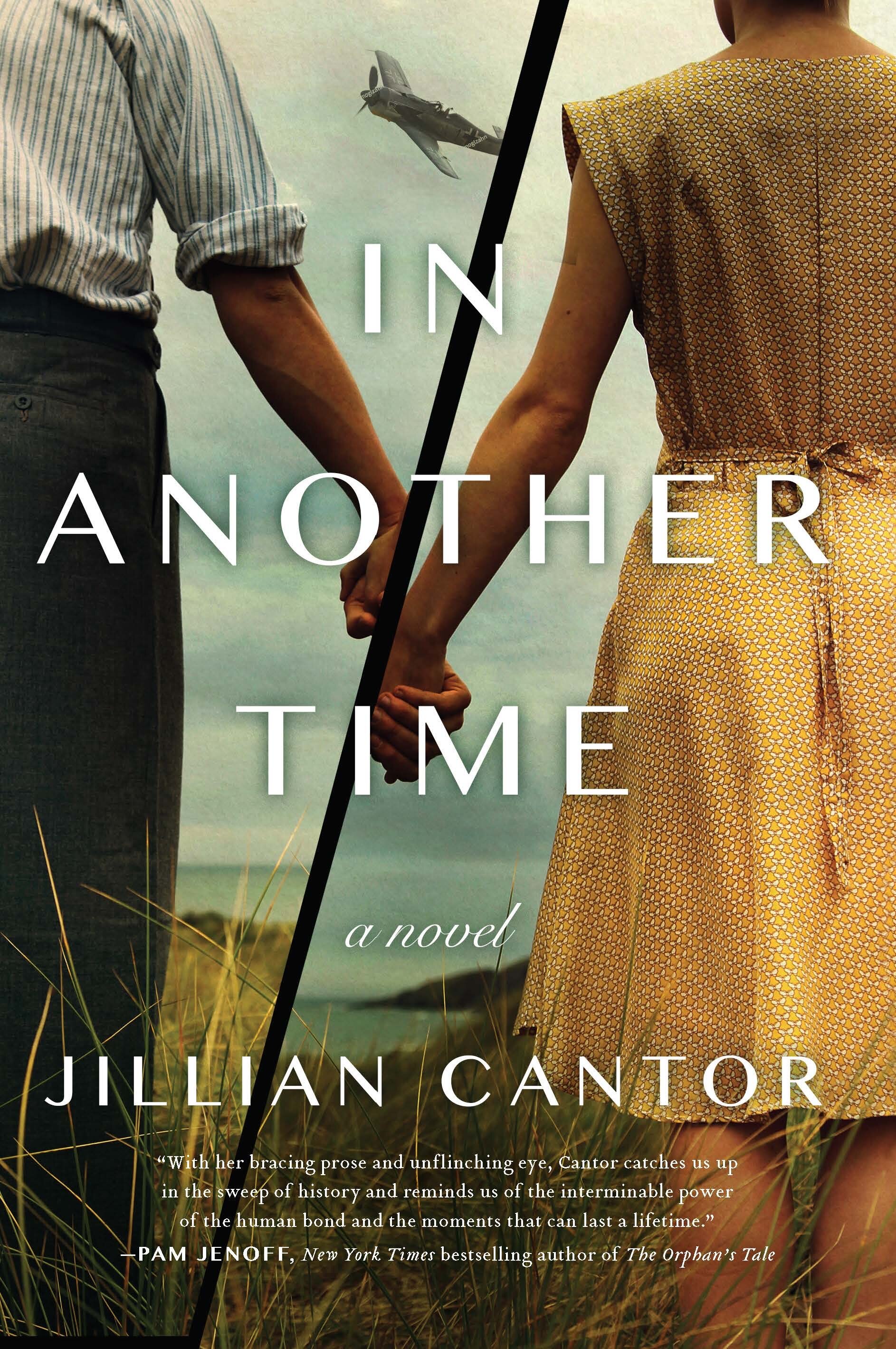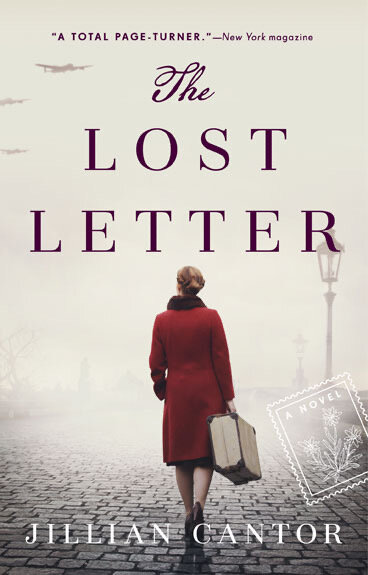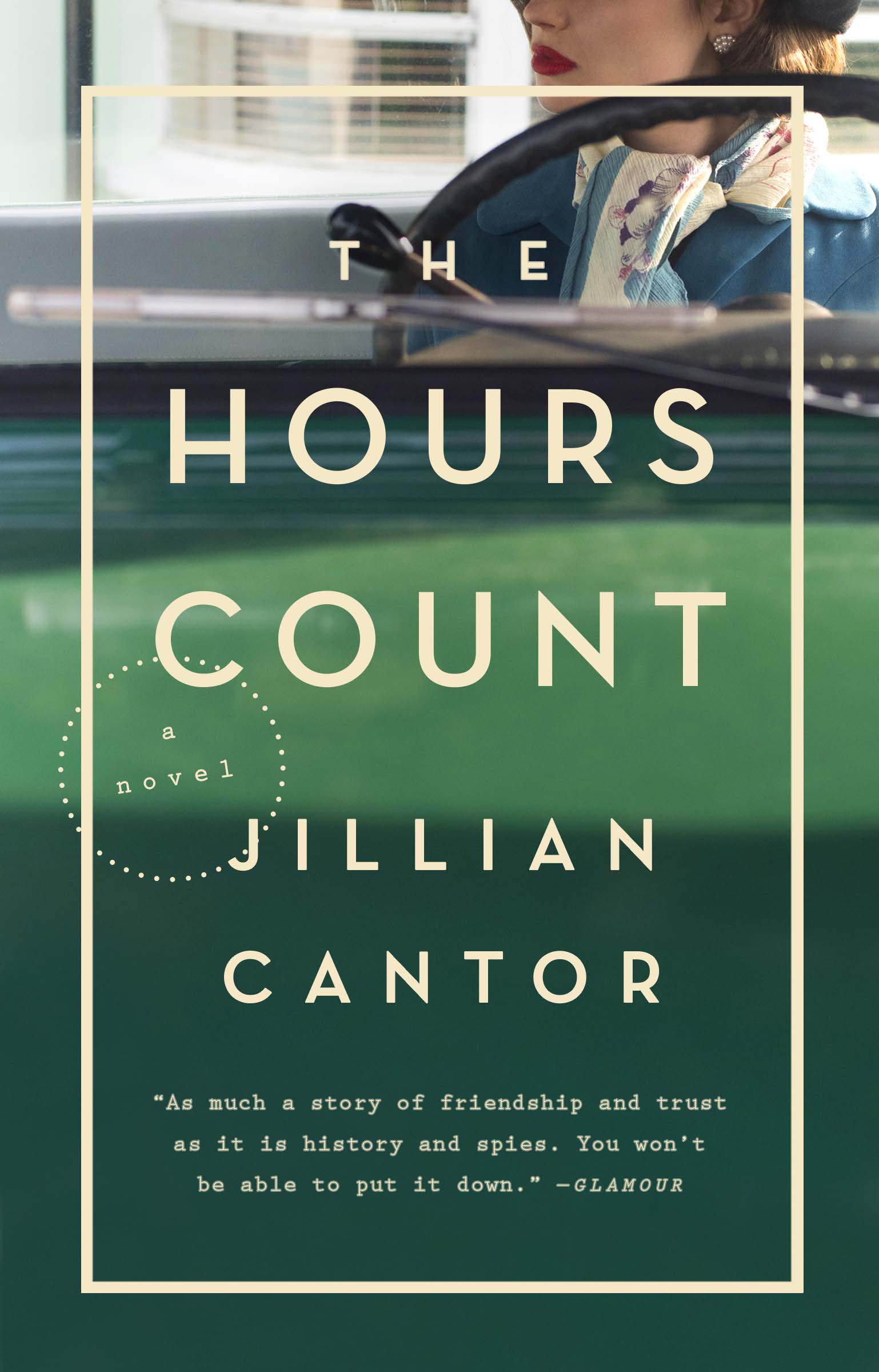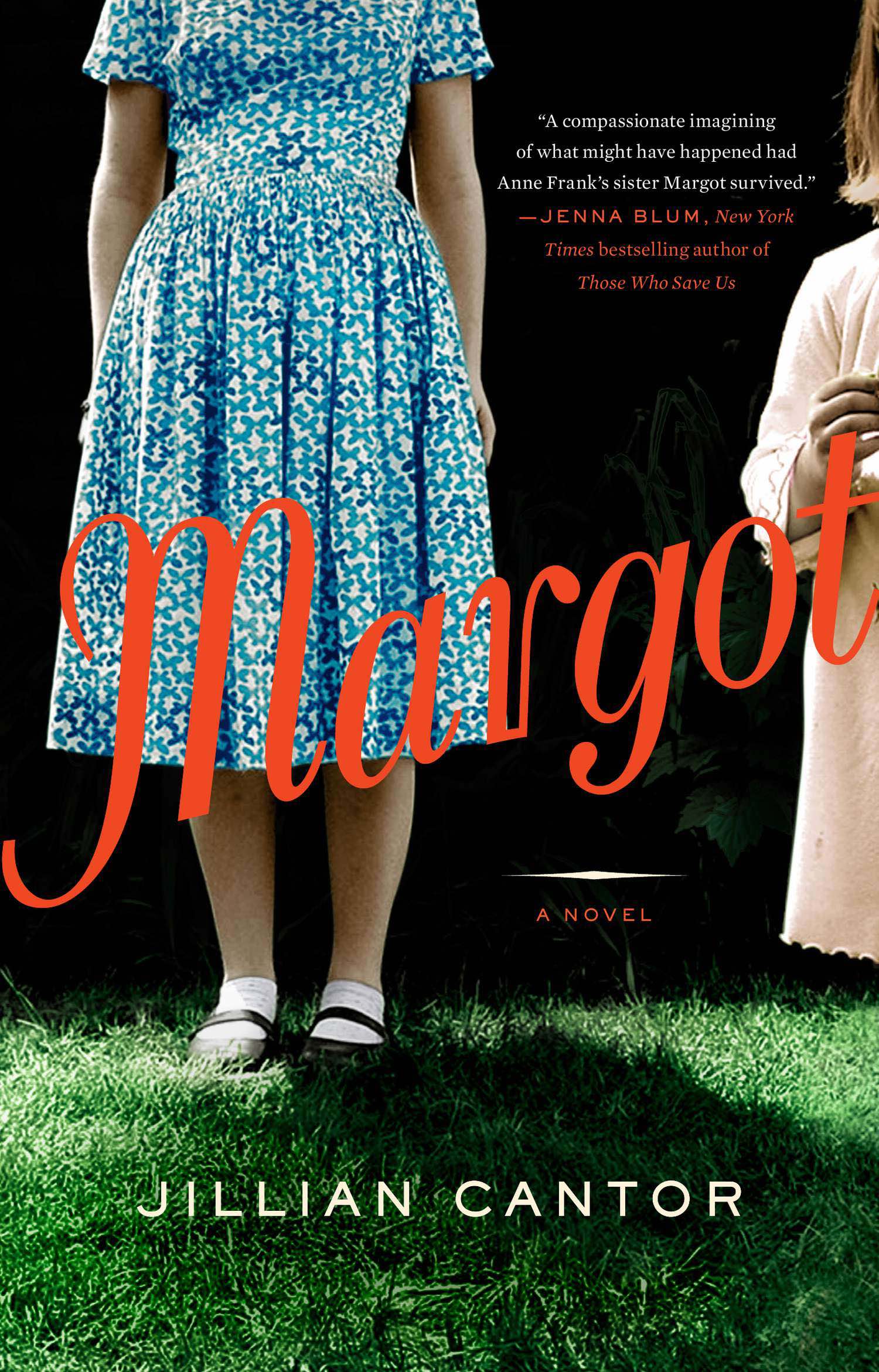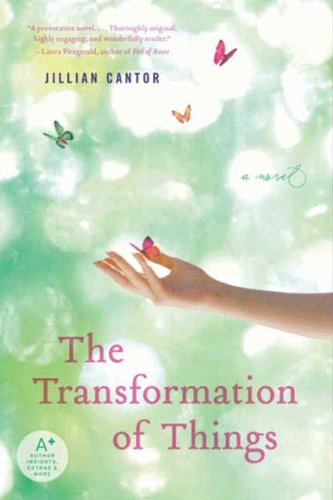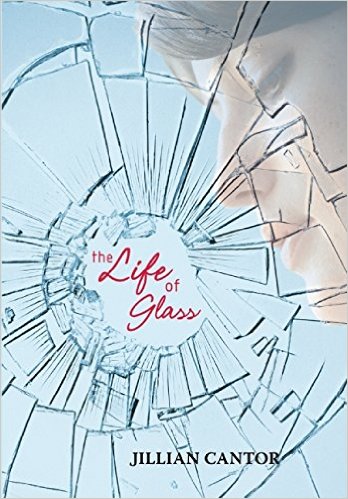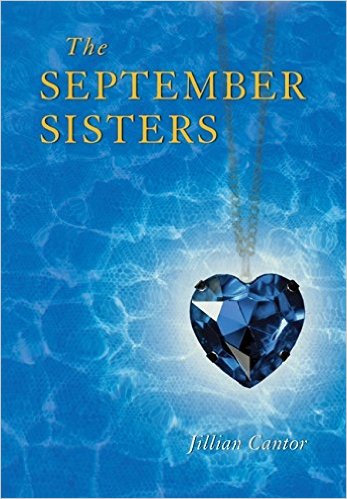THE HOURS COUNT
A spellbinding historical novel about a woman who befriends Ethel and Julius Rosenberg, and is drawn into their world of intrigue, from the author of Margot.
“Cantor mixes fact with fiction to create a moving portrait of two of the most vilified figures in modern history.”
“[A] down-to-the-wire thriller.”
BUY IT
DESCRIPTION
On June 19, 1953, Ethel and Julius Rosenberg were executed for conspiring to commit espionage. The day Ethel was first arrested in 1950, she left her two young sons with a neighbor, and she never came home to them again. Brilliantly melding fact and fiction, Jillian Cantor reimagines the life of that neighbor, and the life of Ethel and Julius, an ordinary-seeming Jewish couple who became the only Americans put to death for spying during the Cold War.
A few years earlier, in 1947, Millie Stein moves with her husband, Ed, and their toddler son, David, into an apartment on the eleventh floor in Knickerbocker Village on New York’s Lower East Side. Her new neighbors are the Rosenbergs. Struggling to care for David, who doesn’t speak, and isolated from other “normal” families, Millie meets Jake, a psychologist who says he can help David, and befriends Ethel, also a young mother. Millie and Ethel’s lives as friends, wives, mothers, and neighbors entwine, even as chaos begins to swirl around the Rosenbergs and the FBI closes in. Millie begins to question her own husband’s political loyalty and her marriage, and whether she can trust Jake and the deep connection they have forged as they secretly work with David. Caught between these two men, both of whom have their own agendas, and desperate to help her friends, Millie will find herself drawn into the dramatic course of history.
As Millie—trusting and naive—is thrown into a world of lies, intrigue, spies and counterspies, she realizes she must fight for what she believes, who she loves, and what is right.
PRESS & PRAISE
“Taut, atmospheric and absorbing, this story provides an intimate window into a world most people only know from the headlines.” – Christina Baker Kline, New York Times-bestselling author of Orphan Train
“Fraught with tension and wise with empathy, this is the story of a shameful time in our nation’s history, but also of friendship, love, and loyalty.” – Laura Moriarty, New York Times-bestselling author of The Chaperone
“Utterly gripping and almost unbearably moving. A thought-provoking novel about a terrible aspect of America’s recent past, with the pace of a thriller.” – Natasha Solomons, New York Times-bestselling author of The House at Tyneford
“A deeply compelling retelling of Julius and Ethel Rosenberg’s famous betrayal. Beautifully written and meticulously researched, this book will leave you wondering about the intersection of truth and politics, responsibility and love, long after you’ve finished reading it.” – Anton DiSclafani, New York Times-bestselling author of The Yonahlossee Riding Camp for Girls
“Fact and fiction are blended in a gripping tale of guilt, innocence, and heartbreak. I was bowled over by her intimate portrait of women in crisis. Jillian has torn pages straight from the history books and transformed them into a riveting story of intrigue, desire, and hope.” – David R. Gillham, New York Times-bestselling author of City of Women
“Flawlessly mixes fact and fiction, drawing the reader into the world of the Lower East Side in the fifties—and the lives of accused Communist spies Ethel and Julius Rosenberg. A finely drawn portrait of McCarthy-era America, by turns heartwarming and haunting.” – Susan Elia MacNeal, New York Times-bestselling author of the Maggie Hope novels
“A gorgeous, thrilling novel.” —Popsugar
“We kind of love historical novels, and Cantor’s is quickly climbing to the top of our all-time faves list. . . .You won’t be able to put it down.” — Glamour
“Cantor mixes fact with fiction to create a moving portrait of two of the most vilified figures in modern history.” — Cosmopolitan
“Cantor (Margot) has perfectly captured the climate of America after World War II. This intriguing novel that intertwines facts about the Rosenbergs into the life of an average American housewife is highly recommended for historical fiction fans.” — Library Journal, STARRED review
“Cantor combines mystery, romance, drama, and espionage into a spellbinding and fascinating page-turner that also gives readers insight into this chapter of American history.” – Library Journal, Recent Jewish Fiction
“Whether or not you believe Ethel and Julius Rosenberg were guilty is entirely irrelevant. It doesn’t matter if you’ve never heard of them, although it’s even more fascinating if you have. The Hours Count is a thoroughly absorbing book that I might not have read had it not been based on the Rosenbergs—whose story has always intrigued me—and that would have been my loss.” — New York Journal of Books
“Cantor asks us to wrestle with very serious questions about what it means to trust, what it means to be honest, and what it meant to be a Jewish woman during the Cold War in New York City.” – BookRiot
“This ambiguity and uncertainty feels true to life and results in a story that is filled with plenty of surprises, where the stakes feel impossibly high and stolen moments mean the most. A domestic spin on a spy thriller, The Hours Count is an affecting and effective piece of historical fiction that begins with readers asking “What if?” and ends with them wondering “What might have been?” — BookPage
The historical doom that hovers over Cantor’s characters provides quite a bit of suspense throughout the reading process, and she makes a convincing case by proxy. . .There’s very high probability that readers will do what I did once they put the book down — head right to the internet and read as many documents about the original case as they can.” — Flavorwire
“Cantor transports the reader into that time and place through vivid details, true human interactions, some poetic lines, and an author’s voice that fits. Millie and the Rosenbergs elicit understanding and empathy. These aspects reflect Cantor’s deep research (summarized nicely in the Author’s Notes) into the Rosenbergs and the likely grave injustice of their incarceration, trial and sentencing.” — Historical Novel Society
“Cantor deals deftly with themes of friendship and motherhood. . .notable for its affecting depiction of motherly love and the skillful way it captures the suffocating air of the McCarthy era.” — Publishers Weekly
“Cantor raises provocative questions about the search for truth, the aftermath of a death sentence, and the possible withholding of essential evidence.” — Tucson Weekly





